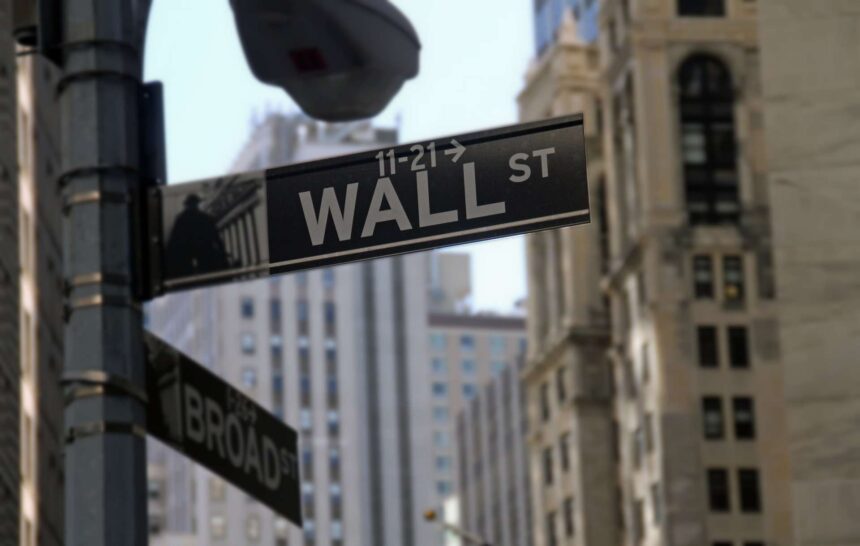
- Wall Street banks like Barclays and Citigroup embrace crypto, earning $200M in fees from capital-raising deals tied to digital assets.
- Bitcoin ETFs and Trump’s crypto-friendly policies drive banks to expand operations, chasing billions through equity and bonds.
Wall Street’s stance on crypto has shifted dramatically, with large banks such as Barclays and Citigroup jumping into the sector. Originally dubious of digital assets, these financial giants have suddenly embraced the industry and generated $200 million in fees from transactions connected to crypto-related equities and bonds.
Two main events—the acceptance of Bitcoin exchange-traded funds (ETFs) and the crypto-friendly policies of President Donald Trump’s government—drive a more general trend shown here.
WALL STREET GOES FULL CRYPTO: FROM MOCKERY TO CASHING IN BIG
Wall Street banks like Barclays and Citigroup are diving into crypto, raking in $200M in fees from deals they once laughed at.
With Bitcoin ETFs and Trump’s crypto-friendly stance, the game has changed—banks are… pic.twitter.com/50DOJxw8D3
— Mario Nawfal’s Roundtable (@RoundtableSpace) December 28, 2024
Bitcoin ETFs and Pro-Crypto Policies Reshape Institutional Investments
For the sector, the approval of Bitcoin ETFs by the U.S. Securities and Exchange Commission has changed everything. These ETFs have given cryptocurrency investments legitimacy, which has resulted in a record $6.2 billion in November 2024 alone in inflows.
The approval has drawn institutional investors who were before reluctant, hence increasing demand for capital-raising tools catered to crypto companies.
Concurrent with this change, the Trump government’s encouraging stance toward cryptocurrency has sped things along. The government has positioned the United States as a worldwide leader in digital asset innovation by relieving regulatory restraints and suggesting programs such as a strategic national Bitcoin reserve.
Thanks to this advantageous climate, banks have been able to increase their crypto activities using the expansion of the industry to create significant income generation. As a result, the market for capital raising linked to cryptocurrency hit $13 billion in 2024, highlighting the great financial risks involved.
These developments, however, mean that the changing crypto space presents certain difficulties. Institutions are adjusting to a fast-changing market and negotiating complicated legal systems.
Still, their efforts will help to create a time when crypto will be central in world banking. The border separating traditional finance from digital assets is becoming more hazy as banks keep chasing billions through bonds and equity offers.
Besides that, CNF previously noted that by including blockchain and multicurrency technologies, Mastercard and JPMorgan are transforming world payments.
By means of programs like Mastercard Move, these developments increase real-time cross-border payments, therefore providing companies with more transparency, better risk control, and fraud analytics.






